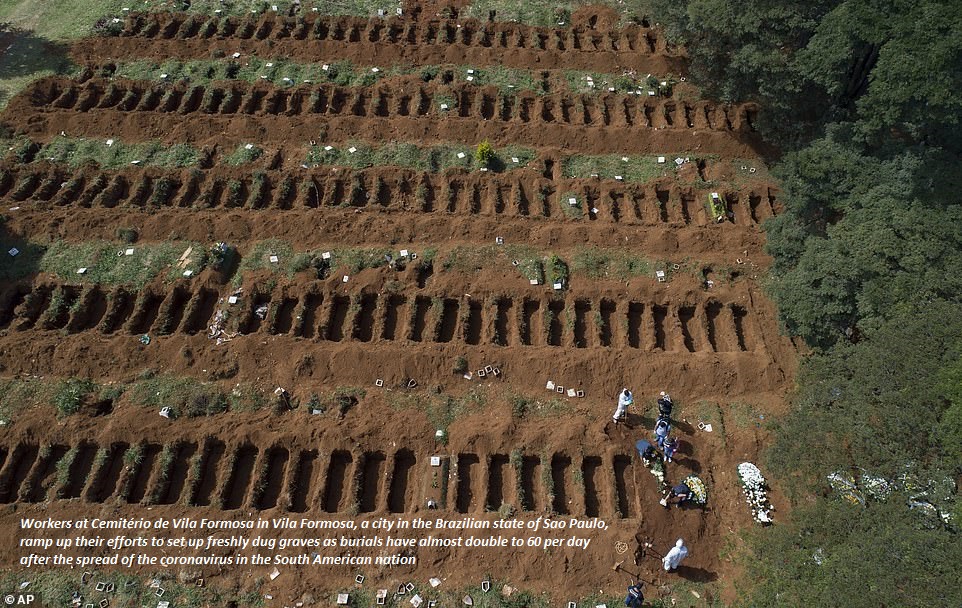Since the start of the pandemic, MST has donated more than 3,400 tons of food
The donations which initially began being offered by encampments and settlements, today are a part of two larger solidarity initiatives in Brazil
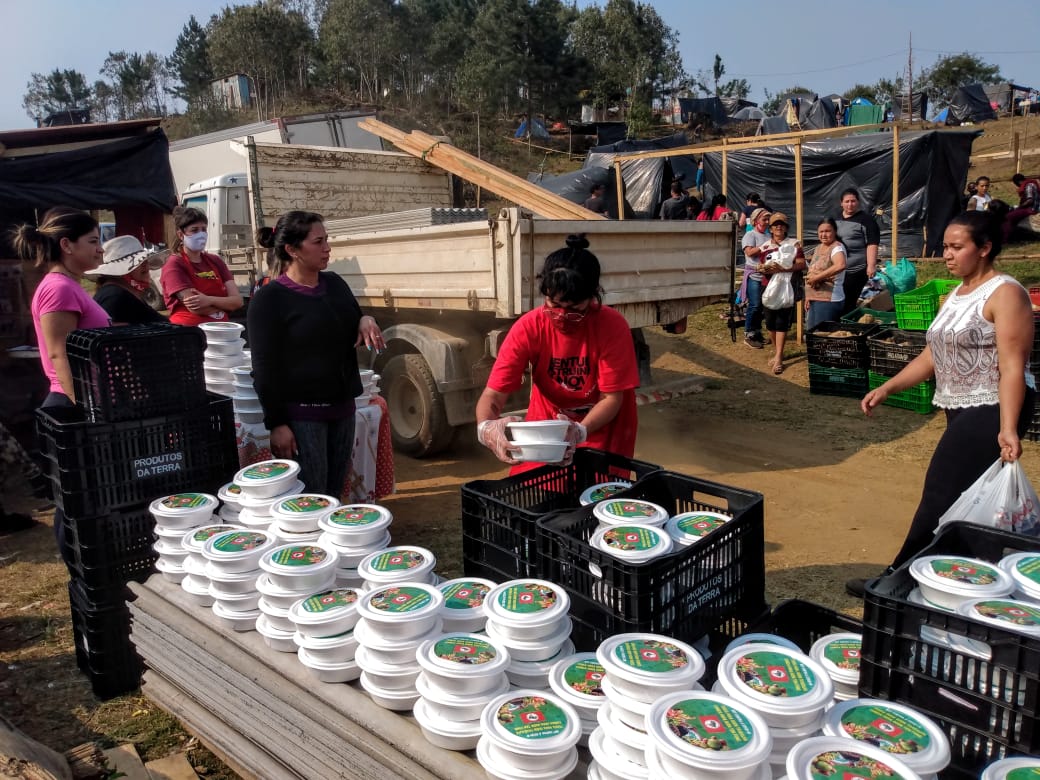
This past Tuesday (September 8th), after 115 days without a Health Minister, Brazil hit the grim milestone of 127,004 deaths as a result of the novel coronavirus.

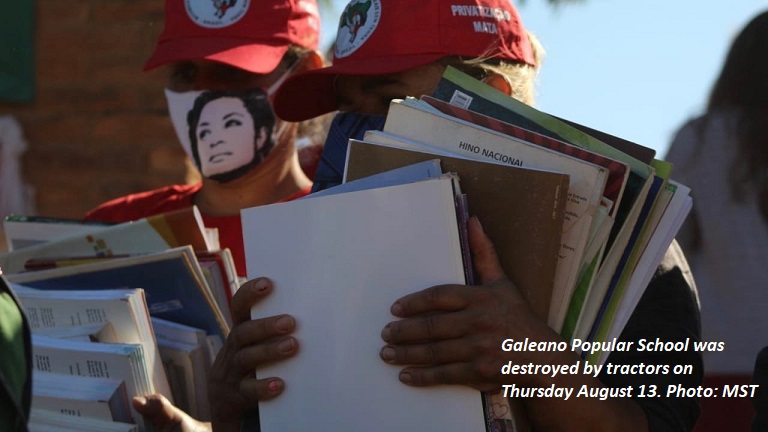
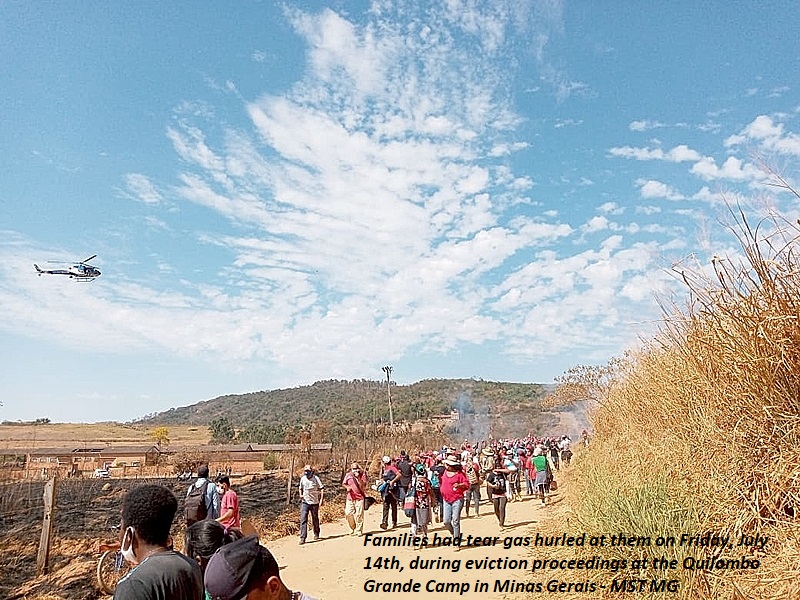
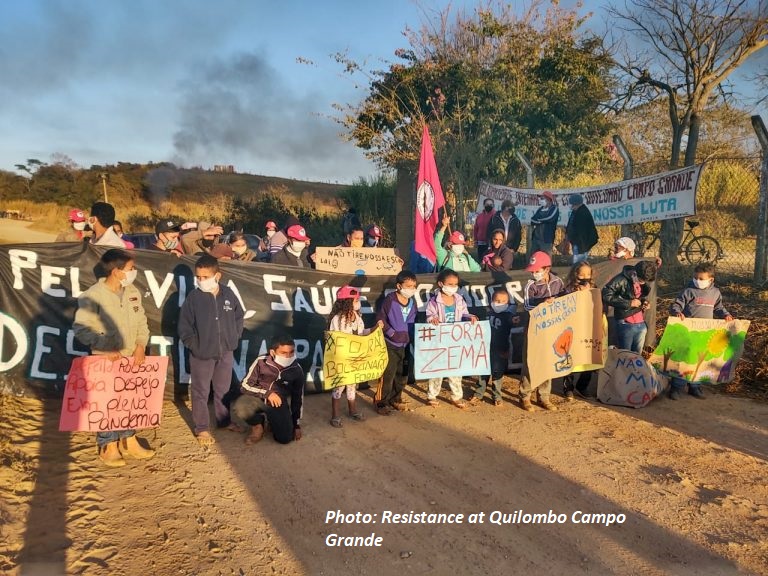
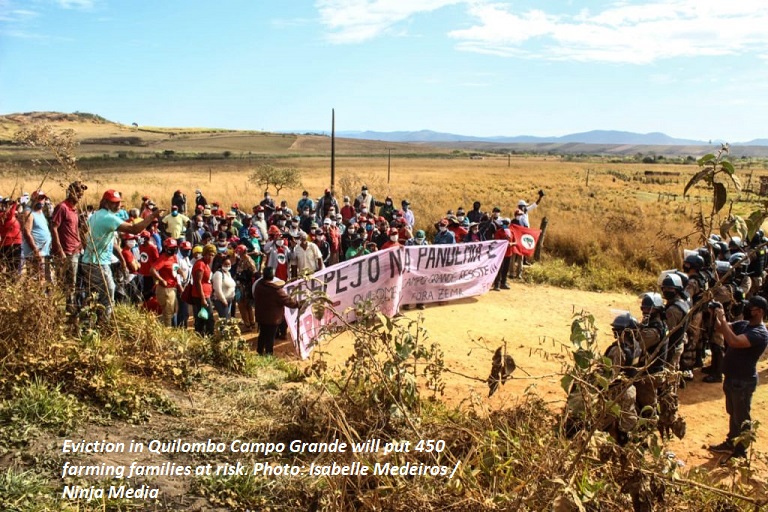
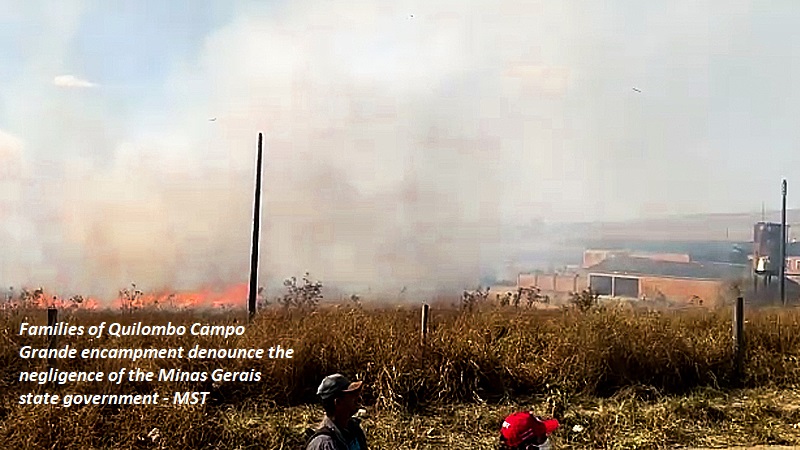
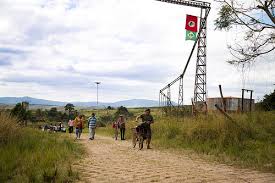 families from the MST settlement in the state of Minas Gerais. Because of the large outpouring of support and solidarity, the order of eviction was suspended in July 2019. Now, a new order of eviction has been issued with an eviction date of August 12. Information on the Quilombo Campo Grande settlement is below.
families from the MST settlement in the state of Minas Gerais. Because of the large outpouring of support and solidarity, the order of eviction was suspended in July 2019. Now, a new order of eviction has been issued with an eviction date of August 12. Information on the Quilombo Campo Grande settlement is below.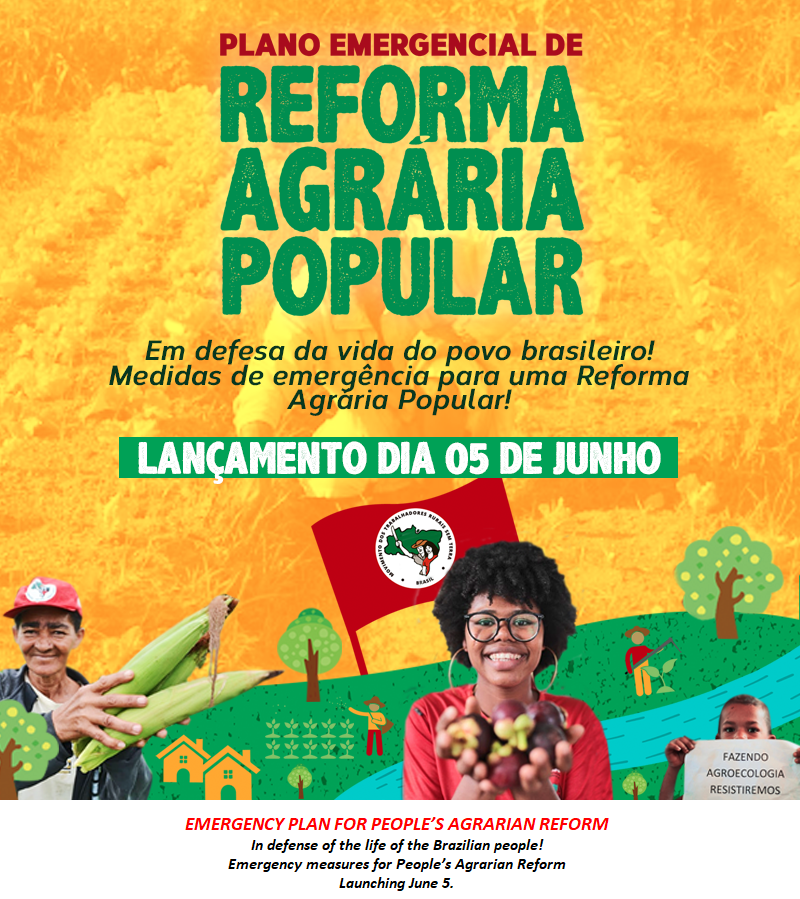 the National Plan to be launched this Friday (June 5)
the National Plan to be launched this Friday (June 5)